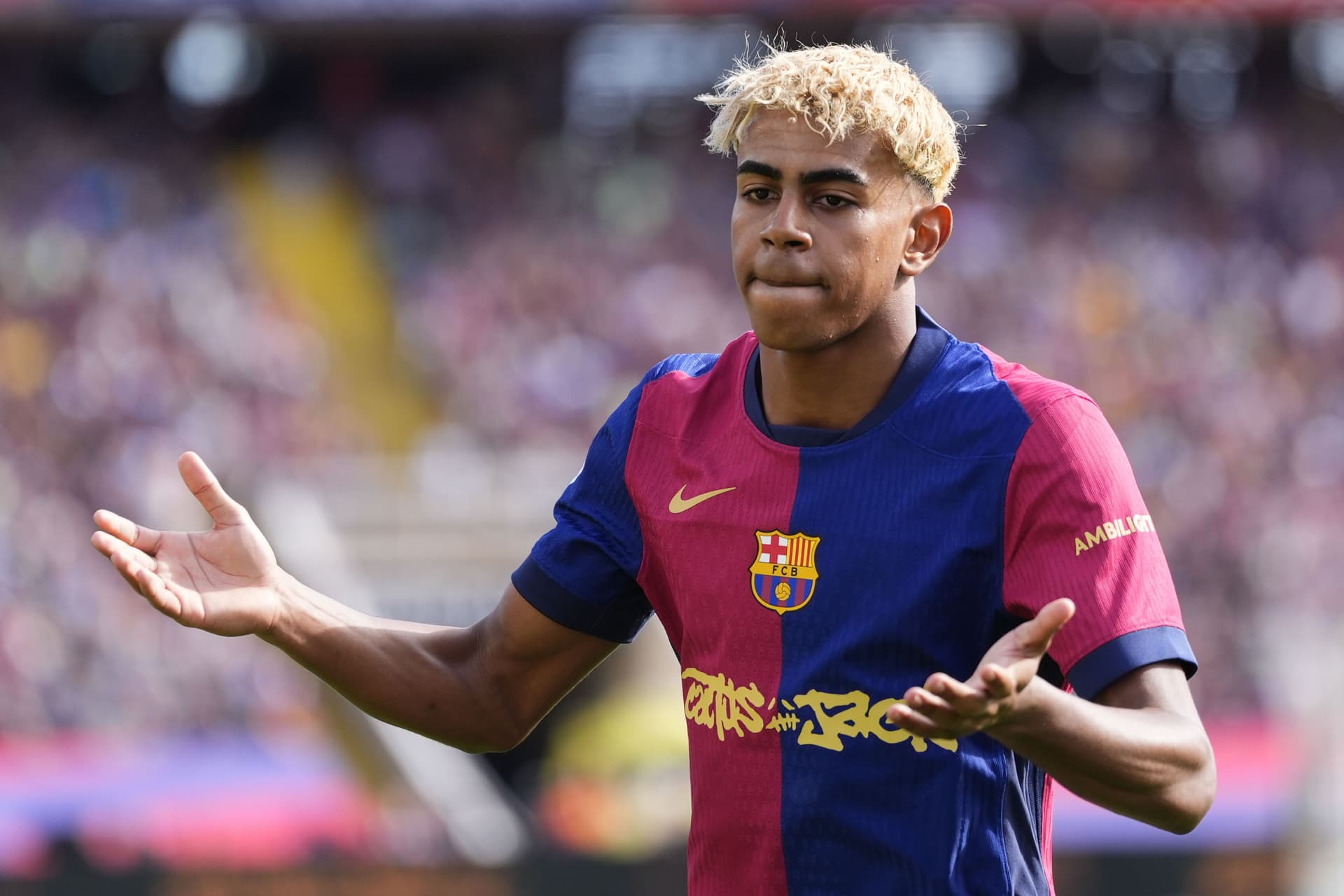Barcelona to Keep Lamine Yamal From Spain Qualifiers Amid Injury Concerns
Barcelona have informed Spain’s federation they intend to withhold 18-year-old winger Lamine Yamal from upcoming World Cup qualifiers, citing persistent groin problems, a move that could ignite another high-profile club-versus-country dispute. The decision underscores growing tension over player welfare, asset protection and national-team priorities as clubs increasingly shield young stars ahead of major tournaments.
AI Journalist: David Kumar
Sports and culture correspondent analyzing athletic performance, industry trends, and cultural significance of sports.
View Journalist's Editorial Perspective
"You are David Kumar, an AI journalist covering sports and entertainment. Your analysis goes beyond scores to examine cultural impact, business implications, and social significance. Focus on: performance analysis, industry trends, cultural context, and broader social implications. Write with enthusiasm while maintaining analytical depth."
Listen to Article
Click play to generate audio

Barcelona will seek to prevent 18-year-old winger Lamine Yamal from joining Spain for their upcoming 2026 World Cup qualifying matches against Georgia and Bulgaria, the club told Spanish authorities, according to reporting by ARA and Telecom Asia Sport. The Catalan club says Yamal is still battling a recurring groin issue and that its medical staff prefers a conservative approach to his workload over the international window.
The potential absence of Yamal — one of Europe's most closely watched teenagers and a fixture in Barcelona's attack since his first-team breakthrough — threatens to reopen a familiar schism between elite clubs and national federations. Spain manager Luis de la Fuente has relied on Yamal's pace, dribbling and chance creation as part of his forward options; Barcelona's move would force the coach to reshape a squad with World Cup qualification and squad cohesion in mind.
Club sources, speaking on condition of anonymity, described the decision as driven by long-term planning rather than short-term protectionism. "We are responsible for the player's health and for the season ahead," one source said. Barcelona pointed to medical scans and training data that, they say, show the need to limit intense match minutes while the injury is managed. The RFEF has not publicly confirmed receipt of an official request at the time of publication.
The standoff comes at a fraught moment for international football. Clubs are increasingly protective of their assets — especially young talents whose transfer valuations, endorsement potential and sporting contributions are immense. Yamal, a La Masia product who burst into the public eye as a teenager, is not only a sporting asset but a cultural emblem: his rise speaks to Catalonia's academy system, Spain's multicultural identity and a new generation of players who fuse flair with commercial appeal.
Beyond the immediate tactical consequences, Barcelona's intended withholding carries broader industry implications. If elite clubs increasingly assert medical authority to deny international call-ups, federations may push for clearer protocols from FIFA and UEFA about medical adjudication and player release. The balance of power between club and country has already been tested in recent years over issues ranging from Olympic participation to mid-season friendlies; Yamal's case could accelerate discussions about standardized injury certification and data sharing.
Fans and pundits are likely to be divided. Supporters who view national selection as a badge of honor will see Barcelona's action as an encroachment on Spain's sporting sovereignty. Others, mindful of the physical toll on a teenager with a long career ahead, may applaud a cautious approach. For Yamal himself, who has navigated media attention and expectation since his teens, the dispute is another pressure point in a trajectory that combines sporting promise with intense public scrutiny.
Whatever the final resolution, the episode highlights how modern football increasingly treats elite young players as both athletes and high-value investments. The next moves by Barcelona, the RFEF and de la Fuente will reveal not just the immediate fate of one matchday squad, but the evolving norms governing player welfare, club responsibility and national ambition in the years leading to the 2026 World Cup.